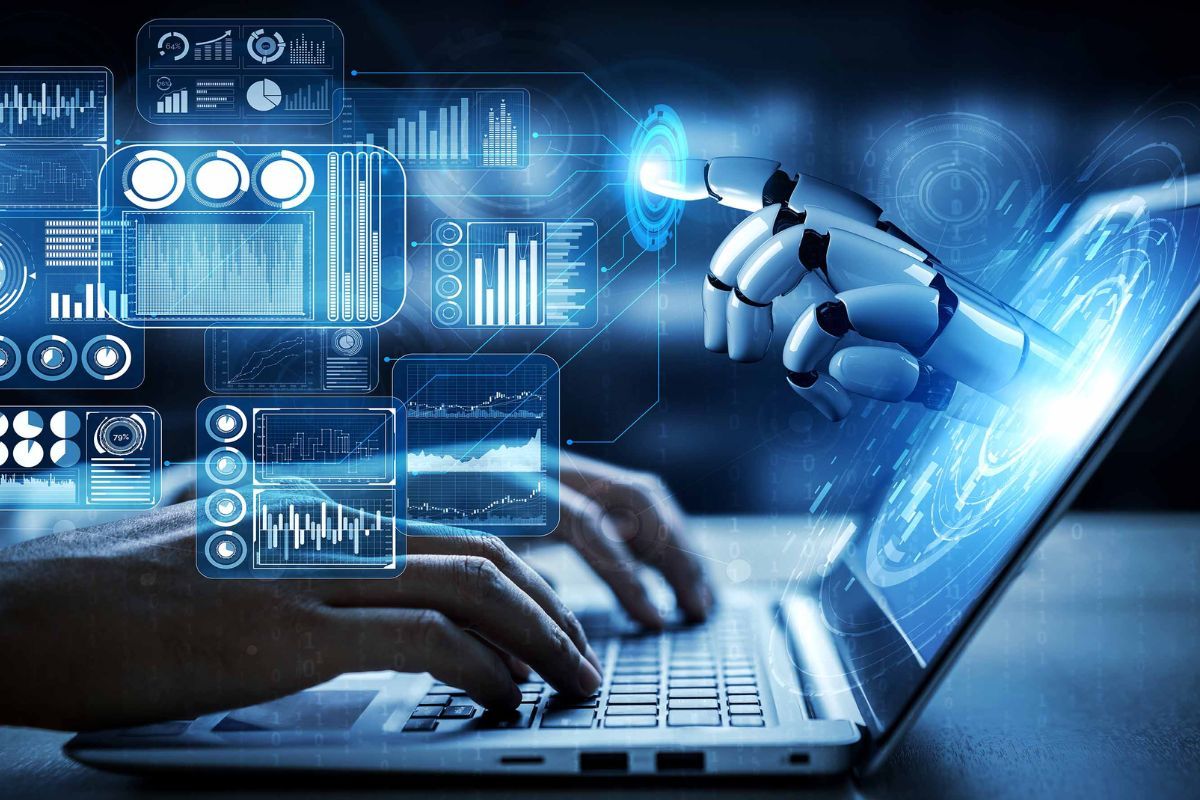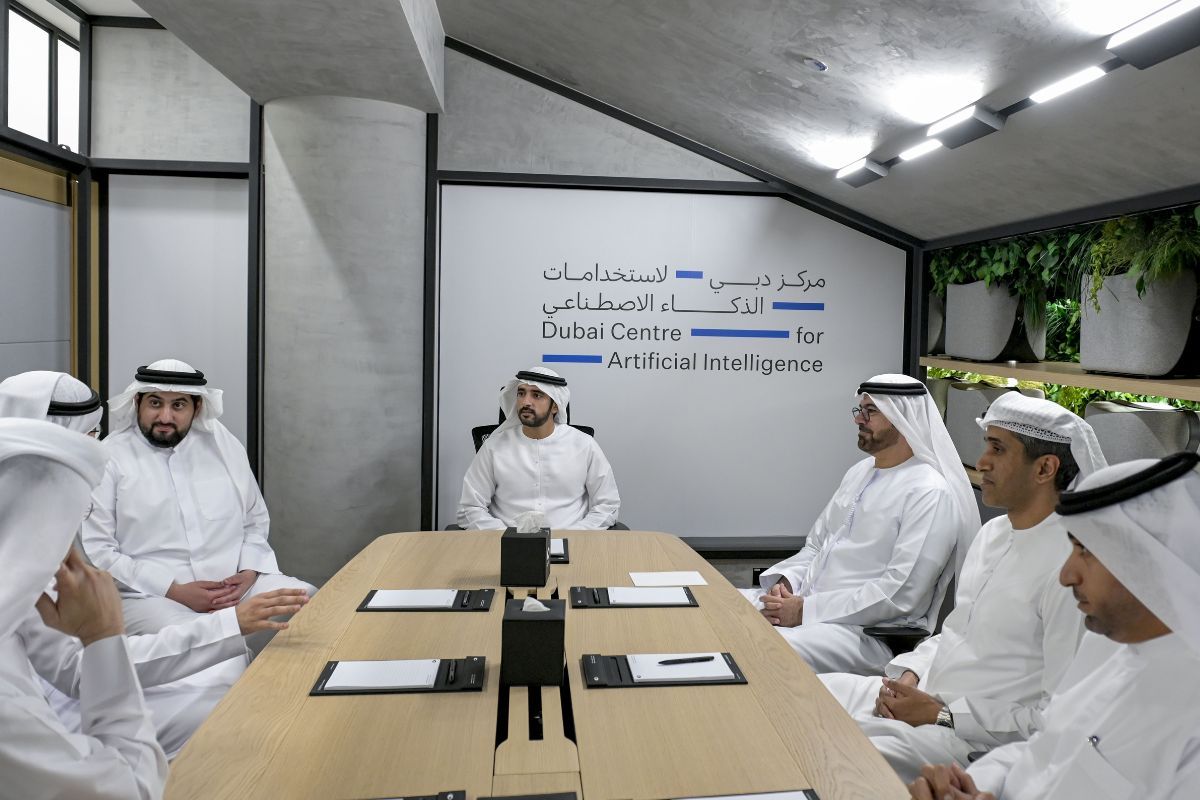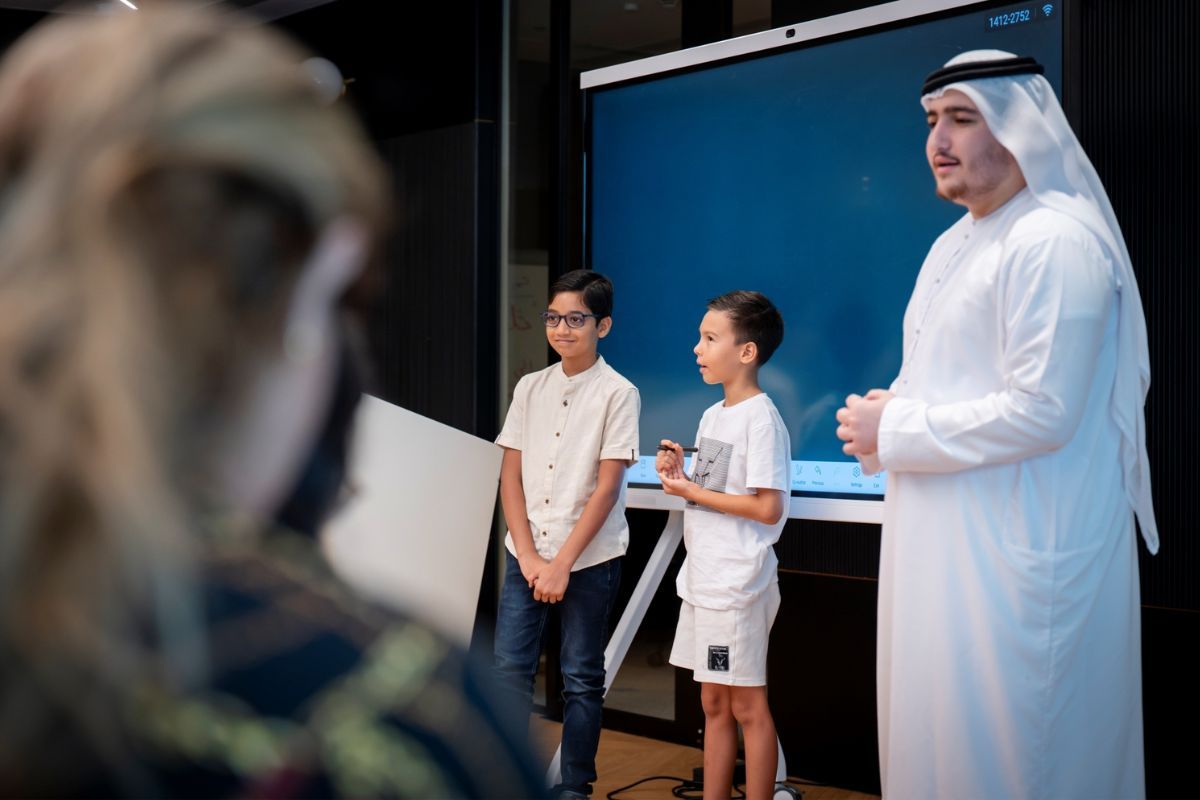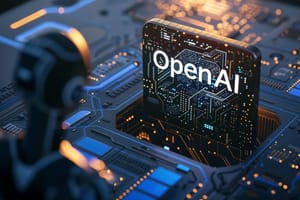In today's ever-changing technological landscape, Artificial Intelligence (AI) has become a driving force behind countless groundbreaking innovations. Among which, Facial Recognition technology is a game changer that has revolutionized identification and security systems in a variety of industries. This software has become a vital part of our digital landscape, from increasing law enforcement efforts to streamlining access control and improving customer experiences.
In this article, we will take you into the world of Facial Recognition software, uncovering its remarkable possibilities and delving into some of the top solutions on the market. Join us as we explore the potential of Facial Recognition and its implications for modern society.
But first, let’s understand a little more about Facial Recognition, how it works and where it is used…
What is Facial Recognition Software?

Facial Recognition software is a kind of biometric tool that detects faces in pictures, videos, and live crowds. Face detection is used in a variety of businesses around the world to verify individuals, grant access, protect high-risk transactions, spot threats from a distance, and automatically register attendance. It can aid in surveillance and data analysis, particularly if you already have a database for the system to use. Machine learning is now used by most types of Facial Recognition software to auto-tag objects in images, identify what is happening in a video, and even uncover trends in a series of photos.
The biggest example of Facial Recognition being used in our daily lives is through our phones. Apple was the first one that allowed people to unlock their phones, log into apps and make purchases just through Facial Recognition. Today, most smartphones have this feature which has forever revolutionized how we use our phones, and our relationship with technology.
How does it work?
Facial Recognition technology functions by capturing an image or video of a person's face and evaluating unique facial traits. The process involves face detection, feature extraction, face encoding, matching, and decision-making. The system can identify or authenticate individuals by comparing their face traits to recorded templates. The three most crucial stages are Face Capture, Detection, and Face Match. The face capture process converts analog information (a face) into digital information (data or vectors) based on the person's facial features, whereas the detection process is an important step in detecting and locating human faces in images and videos, and face match can be used to determine whether two faces belong to the same person.
Where Is It Used?
With its ability to evaluate and recognize people based on their facial features, facial Recognition software has a wide range of applications and benefits and is often used in a variety of industries. Tech and Finance companies can use facial recognition for verifying user identities and authorize transactions. While legal institutions and police forces use it to identify suspects in crowds and locate a facial match from an existing sketch. Facial Recognition technology can also be utilized in the workplace and in educational settings to automatically record attendance and provide precise entry and exit hours for each person. Similarly, healthcare and marketing firms have created subtle face detection software to better understand people's needs and behaviors and adjust their offers to meet user expectations. Facial Recognition software is also ideal for surveillance since it allows you to keep an eye on people while also detecting hazards from a distance.
Facial Recognition in Dubai:
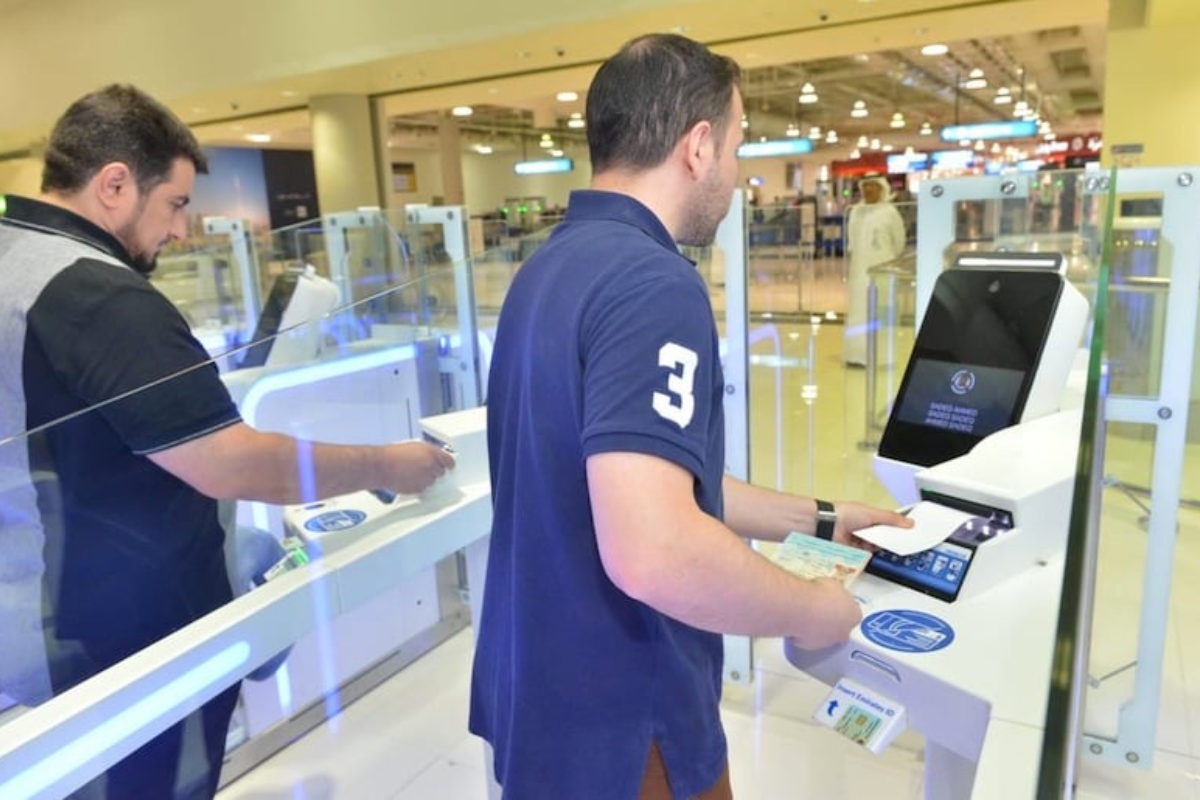
In Dubai, Facial Recognition is popularly used for airport arrivals and passport checks. The UAE's E-gate system particularly is quite popular, it is a system that uses Facial Recognition to identify and verify a person's identity. Thousands of CCTV cameras monitor the transport, traffic, and various tourist areas in Dubai and the Dubai Police has digitally monitored criminals in the city by simply uploading their mugshots to a database. The usage of this technology could reduce the need for traditional forms of identification such as official documents, as well as making many services more smooth and secure.
The UAE has been in the forefront of using technology to improve people's lives while also making the country safer and more secure. The implementation of Facial Recognition promises to bring in a new era of growth and development. The UAE government already employs Facial Recognition technology for crime prevention and public safety. In the future, it can also be used to support the travel and tourism industry.
The Best Facial Recognition Software:
Amazon Rekognition
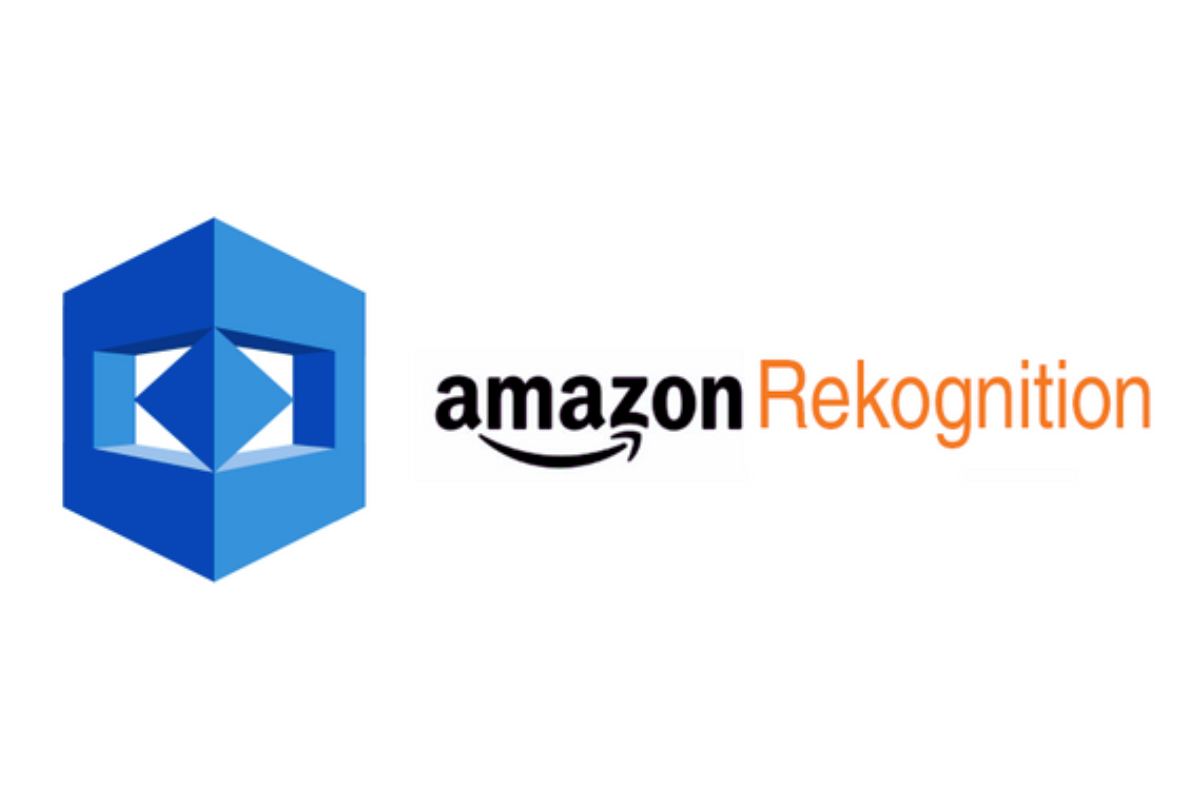
Amazon Rekognition is a cloud-based Facial Recognition software developed by Amazon Web Services (AWS) that is known for its accuracy and scalability. It has features for facial search and facial analysis that aid in facial detection, user verification, and public security use. It also has a large database at its disposal, which improves its object recognition accuracy. Image and video hosting providers can easily add content moderation capabilities to their applications and websites using the Amazon Rekognition software. Content moderation aids in the identification of inappropriate or dangerous images or videos. Furthermore, this software can label a wide range of objects as well as detecting custom logos, celebrities, and texts.
Top Features:
- Moderates images and videos using image and video detection and analytics.
- Face detection of liveness.
- Face comparison and search assistance are available.
- Analysis and detection of faces.
- Moderation of Content (recognition of inappropriate content for moderation).
- Identity Brand logos and text are recognized instantly, efficiently breaking down large amounts of data in a short period of time.
Face++
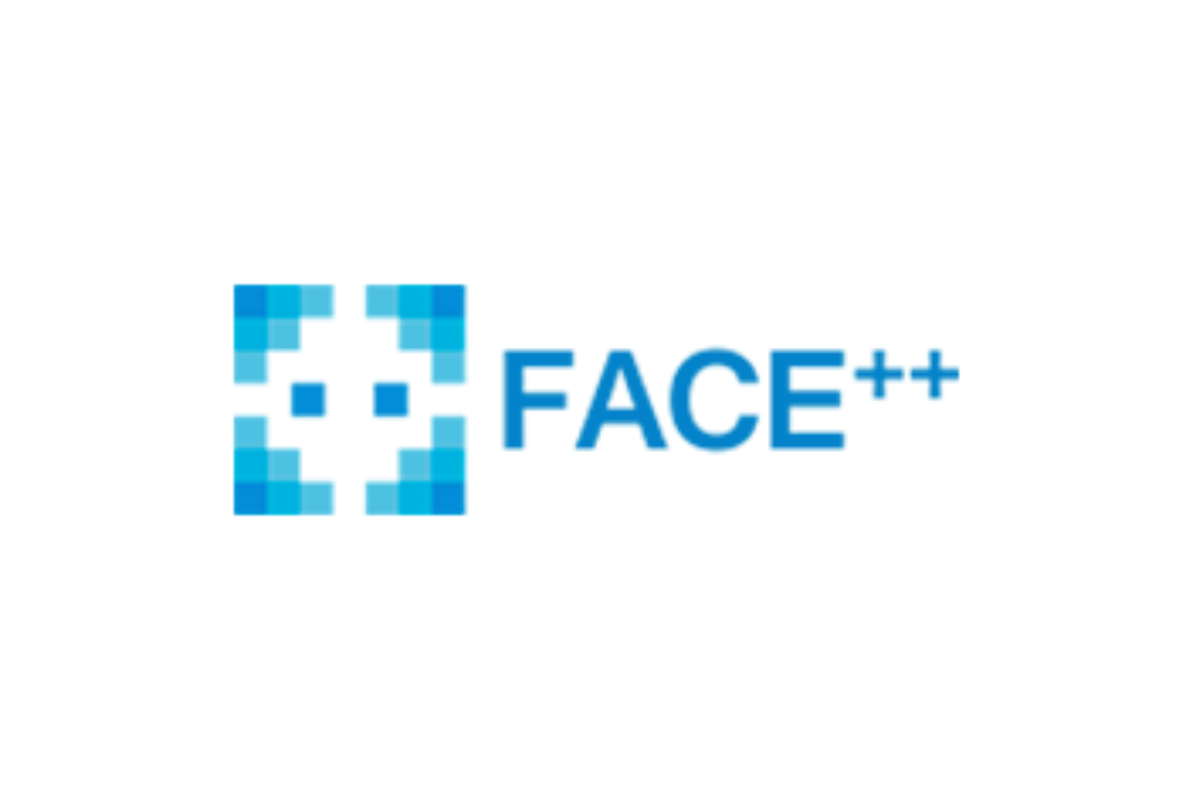
Face++, developed by Megvii, detects and locates human faces in images and returns high-precision face bounding boxes. Beyond Facial Recognition, it includes deeper layers of AI-powered recognition of other human attributes. Face++, in addition to liveness detection and faceID identity verification, provides a sophisticated algorithm for skeleton detection, which can aid in the detection of human body motion, making it ideal for healthcare and beauty-related businesses. Face++ also has a high level of accuracy in its identity detection and matching process. The software takes pride in identifying images under difficult conditions such as poor lighting and low-quality aspect ratios. It determines whether two faces belong to the same person and provides a confidence score and thresholds to assess the similarity.
Top Features:
- Provides extremely accurate results
- Skeleton detection is supported.
- Reconstruction of 3D face models is available.
- Analyzes facial characteristics.
- It is capable of analyzing and identifying the emotion of detected faces.
FaceFirst

FaceFirst is a comprehensive Facial Recognition system designed to be used for a variety of industries, including retail, transportation, and public safety. It combines powerful analytics tools with advanced face detection and recognition algorithms. FaceFirst's real-time monitoring capabilities enable individuals to be identified and tracked instantly. The software also includes features such as age estimation and gender recognition, making it a versatile solution for a variety of use cases. It is the best Facial Recognition software for surveillance, designed specifically for businesses attempting to reduce fraud, theft, and violence, providing business owners with safety and peace of mind.
Top Features:
- face-matching system with high accuracy
- Face detection and recognition are supported.
- Supports real-time alerts.
- Behavioral analytics.
- Notifications can be customized.
- Comprehensive reporting and analytics.
Kairos

Kairos is a Facial Recognition software that aims to offer innovative and ethical solutions. It includes a number of features such as face detection, recognition, verification, and analytics. What distinguishes Kairos is its emphasis on fairness and transparency. By actively addressing and mitigating potential biases in its algorithms, the platform ensures unbiased results, making it an appealing option for organizations concerned about ethical and responsible Facial Recognition practices. Face recognition is integrated into this tool via a cloud API. It detects the age and gender of each face found in videos, photos, and the real world. With multiple detection options, you can easily tailor this service to your specific business requirements.
Top Features:
- Cloud API integration support.
- KYC verification support.
- Supports face detection that helps to find human faces in photos and images.
- Offers anti-spoofing support
- New users can take advantage of a 14-day free trial to see if the software meets their needs. During this time, you can test 20,000 requests.
BioID

BioID is an advanced biometrics authentication software that provides superior liveness detection to protect your business from spoofing and identity theft. The main features of BioID are liveness detection and photoverify Facial Recognition. Liveness detection is an excellent tool for combating online fraud. This feature is capable of detecting live people, spoofing attacks, and distinguishing humans from avatars, but it requires some level of human interaction to function. Photoverify is a solution for Know Your Customer verification, facial log-in use cases, and other Facial Recognition requirements. This software is ideal for businesses that require Know Your Client (KYC) verification on a regular basis.
Top Features:
- Provides detection of spoofing attacks.
- Supports "proof of life" verification for pension and benefit recipients.
- Mask authentication is supported, which requires only the eyes to function.
- Selfie verification is available for online banking and digital onboarding.
- GDPR compliance eliminates the risk of users suing you for violating their privacy rights.
- Simple KYC verification with only three photos
Cognitec Face VACS
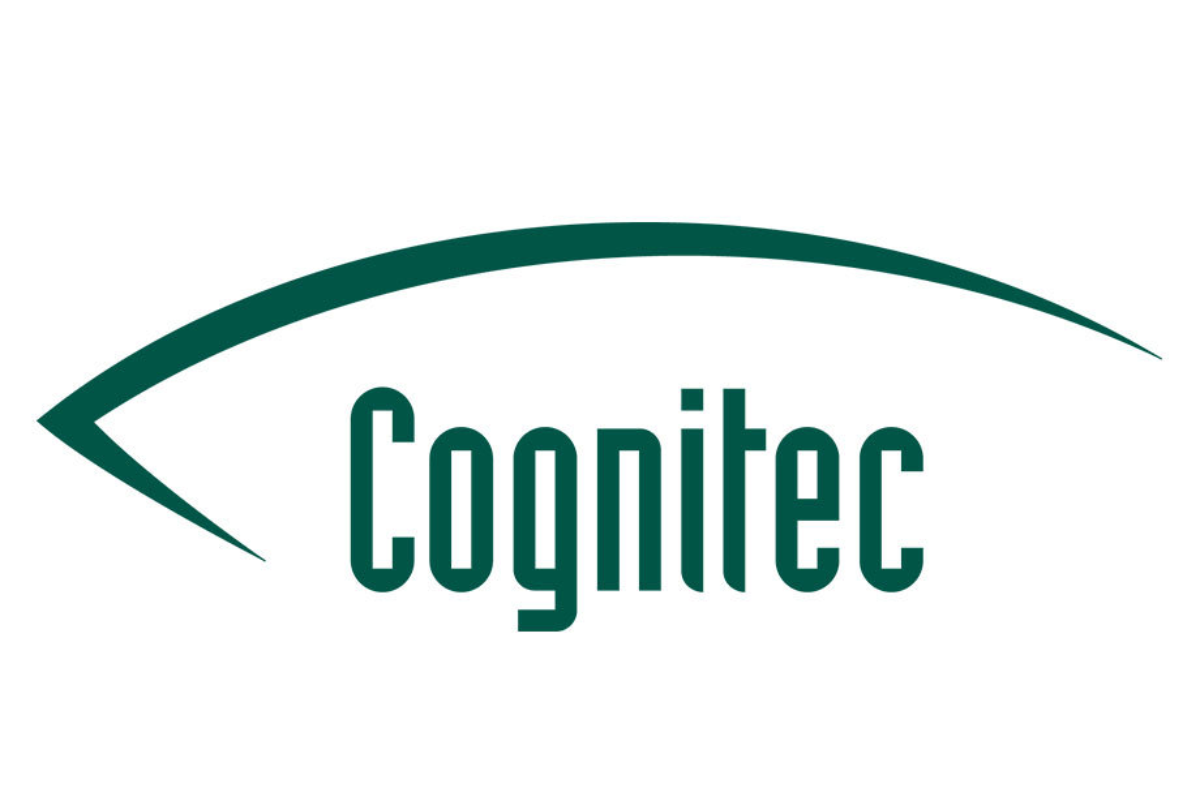
Cognitec FaceVACS is a powerful Facial Recognition software with numerous applications such as identity verification, access control, and surveillance. It has a high accuracy in face matching and can monitor individuals in large crowds in real time. FaceVACS caters to a wide range of industries, including airports, banking, and law enforcement, thanks to its extensive feature set. The live video scan feature of Cognitec allows your system to detect faces in live video streams. It goes a step further by numbering the facial detections and recording demographic information. This solution also includes an enterprise version designed for large business enterprises. For businesses and law enforcement, there is also an ID biometric verification solution. Physical security, law enforcement, and ID management are some of the Cognitec use cases.
Top Features:
- Cognitec provides biometric data security through cryptographic signing and template encryption
- Provides a large image database that aids in instant face matching results
- Real-time notifications for prohibited person entry detection
- Compatible with industry-leading HD video cameras.
Challenges and Considerations:
The rapid advancement and broad usage of Facial Recognition software has created several issues and concerns that must be addressed. The most pressing of these is the concern for privacy. The ability to record and analyze facial photos raises concerns about data security and personal information misuse. Strong legislation and policies are required to protect individuals' privacy rights and ensure that facial recognition data is handled securely and responsibly.
Despite major advancements, Facial Recognition systems are not perfect and can still face accuracy and bias issues. Lighting circumstances, position variations, image quality, and demographic biases can all have an impact on the accuracy of these systems. It is critical to constantly enhance the algorithms and testing procedures to reduce errors and biases that could lead to unfair treatment or discrimination.
Facial recognition technology itself can be exposed to a variety of security risks. Unauthorized access to Facial Recognition databases, as well as spoofing attempts utilizing modified photos or deepfake technology, are possible concerns that must be addressed with strong security measures and ongoing improvements in anti-spoofing approaches. Addressing these issues and concerns is critical to ensuring the ethical deployment and use of facial recognition technologies.
Conclusion:
Facial Recognition software has become more common in our daily lives, permeating many industries and sectors. Its impact is undeniable, from unlocking our smartphones to improving security in public places. The convenience and efficiency it brings to identification processes, access control, and personalized experiences has changed the way we interact with technology and navigate our surroundings. With the advancement of Artificial Intelligence and machine learning, Facial Recognition technology's accuracy, speed, and versatility are constantly improving. As businesses explore the potential of this technology, it is critical that they address privacy concerns and prioritize ethical considerations. We can unleash the full potential of Facial Recognition software by using it responsibly, ushering in a new era of convenience, security, and efficiency.
Also Read:

